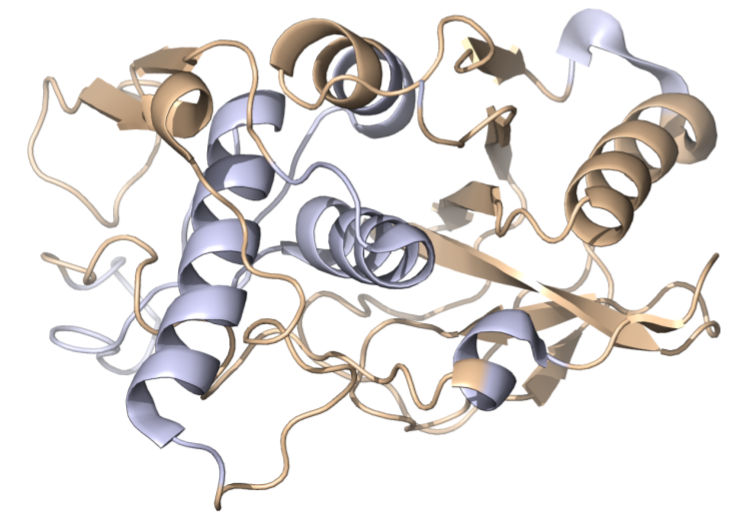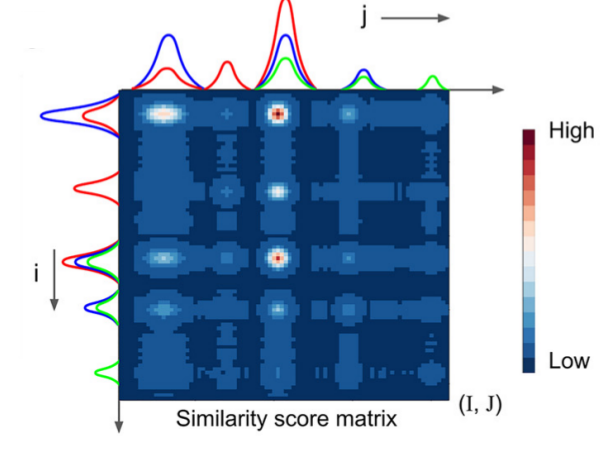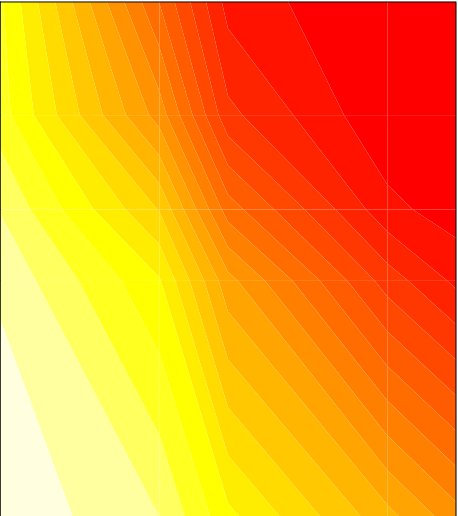OpenSWATH

OpenSWATH is a C++ software for automated targeted data extraction from DIA (data-independent acquisition) experiments in mass spectrometry. It provides a workflow for automated data extraction of chromatograms from raw mass spectrometric data files, automated peak picking and identification of chromatographic features and computation of several orthogonal scores on these features. It thus implements a novel algorithm for analysis of DIA data. OpenSWATH is available as a stand-alone library and is also packaged within the OpenMS C++ library for mass-spectrometry based data analysis.
The TRIC alignment tool extends SWATH-MS analysis from a single run to a whole experiment and allows alignment in a targeted proteomics (SRM or SWATH-MS) setting. TRIC uses a graph-based alignment strategy based on non-linear retention time correction to integrate information from all available runs. The input consists of a set of csv files derived from a targeted proteomics experiment generated by OpenSWATH (using either mProphet or pyProphet) or generated by Peakview.
Website: openswath.org and TRIC
MOBI-DIK

Mobi-DIK (Ion Mobility DIA Tool-Kit) is a package for analysis of DIA data coupled to ion mobility. Mobi-DIK is an extension of the OpenSWATH workflow that is optimized for ion mobility analysis as well as diapysef, a Python package for converting and analysing diaPASEF data.
Website: MOBI-DIK documentation page
DIAlignR

DIAlignR is an R package for retention time alignment of targeted mass spectrometric data, including DIA and SWATH-MS data. This tool works with MS2 chromatograms directly and uses dynamic programming for alignment of raw chromatographic traces. DIAlignR uses a hybrid approach of global (feature-based) and local (raw data-based) alignment to establish correspondence between peaks.
DrawAlignR is an R package visualization of retention time alignment of targeted mass spectrometric data, working together with DIAlignR.
Website: DIAlignR on github and DrawAlignR on github
pyOpenMS

pyOpenMS provides Python-bindings for the C++ OpenMS mass spectrometric algorithm library, allowing researchers to directly access algorithms and data structures available in C++ from the interactive Python environment. pyOpenMS thus provides access to a feature-rich, open-source algorithm library for mass-spectrometry based proteomics analysis, giving the user functionality ranging from file access (mzXML, mzML, TraML, mzIdentML among others), basic signal processing (smoothing, filtering, de-isotoping and peak-picking) and complex data analysis (including label-free, SILAC, iTRAQ and SWATH analysis tools).
Website: pyOpenMS on PyPI
TAPIR

TAPIR is a visualization software for chromatographic data obtained by mass spectrometry. It provides efficient visualization of high-throughput targeted proteomics experiments. The input formats are open, community-driven standardized data formats (mzML and TraML). TAPIR is scalable to proteome-wide targeted proteomics studies (as enabled by SWATH-MS), allowing researchers to visualize high-throughput datasets. The framework integrates with existing automated analysis pipelines and can be extended beyond targeted proteomics to other types of analyses.
Website: http://proteomics.ethz.ch/tapir/
SRMCollider

The SRMCollider is an interference simulation software for targeted proteomics. It allows to simulate the complete protein digestion, chromatographic separation and peptide fragmentation in silico and computes possible transition interferences. It integrates m/z and retention time information for a more accurate prediction and can compute transition interferences on-the-fly using a web service. It is available in the popular Skyline software as an external tool, allowing researchers to directly post their transition lists to the web service and retrieve possible interference information.
Website: srmcollider.org